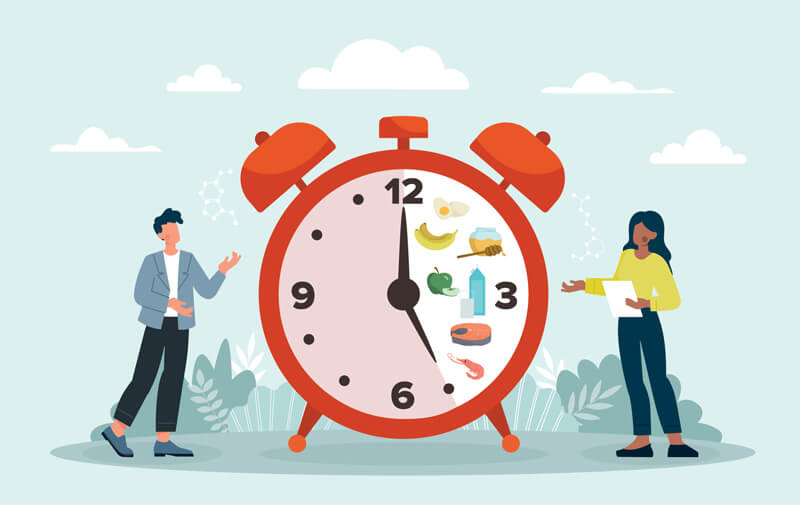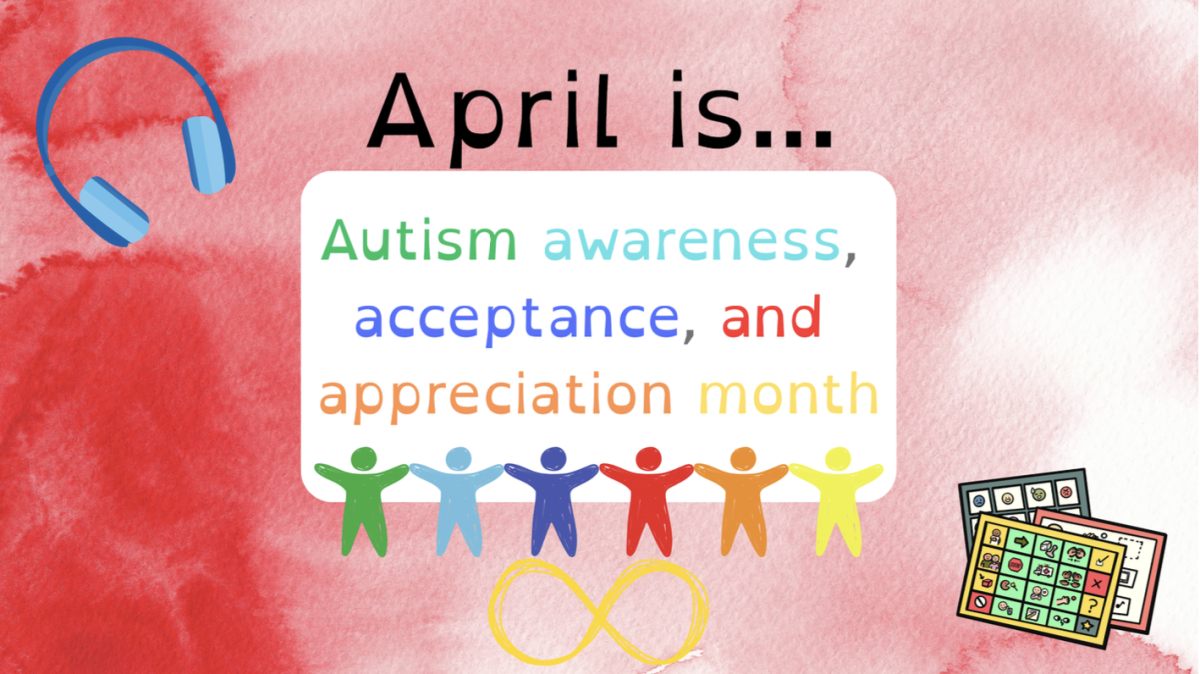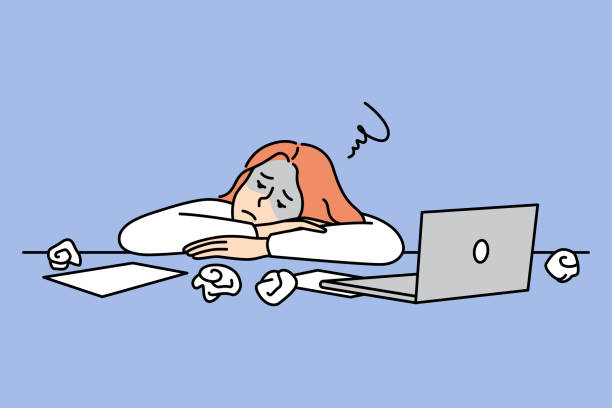Do you ever lie awake at night, staring at the ceiling, unable to sleep? Perhaps your brain is flooded with various anxieties, like that test you have in a few weeks, or maybe you’re worried you slipped up while talking to your friends and now all of them hate you. Or maybe your entire day was stressful, and although your thoughts may not linger on that, you can still feel the effects of the worry and tension from the day. Regardless of what you’re worrying about, you lay there, exhausted but not sleepy. You look over to the clock and… it’s two in the morning. You have to get up in just a few hours.
Although this specific thing may not happen to you, I know that it happens to me and many others quite often. Studies have shown that 70 percent of teenagers are sleep deprived in the United States. On average, teens need eight to ten hours of sleep, but it’s very uncommon for that to be met. Apparently, teenagers produce melatonin around three hours later than anyone else. This usually results in them sleeping way later than is ideal for school and work hours.
On top of teenagers producing melatonin later, many teens are employed. Roughly about 20.3% of teenagers ages 16 – 19 in the United States are currently employed. Generally, they work after school and usually the shift goes until late at night. After work, most teenagers have to do their homework if they weren’t able to earlier. This results in them having to stay up even later than usual, because they’re so busy. They go to sleep later, and get less sleep when they have to wake up early on school days.
If you don’t get the needed amount of sleep, your body reacts in multiple ways. You may notice that you feel more sickly overall, your limbs might feel heavy, and you may be nauseous. You may be forgetful, due to the brain processing most memories while you are sleeping. You won’t be able to concentrate nearly as well, and it will be much harder to properly learn new things. Another thing, your emotions may be all over the place, and you’ll experience mood swings. You could be irritable, depressed, angry, and overall just moody throughout the day.
The long term effects of sleep deprivation are severe. Studies show that insomnia is linked to inflammation and heart disease, as well as high blood pressure. It can make dementia form earlier on, and even shorten your lifespan. Not getting enough sleep is also linked to depression, obesity, and kidney failure. Overall, not sleeping as much as you should will negatively affect your entire life and health.
Obviously, there aren’t many things that we can do about this. The system itself does not promote healthy sleeping because school starts so early. If we made classes start later, then school would end later which wouldn’t help the problem. Teenagers would just have to stay up even later than before to get all of their work done. Assigning less work and maybe even going to block scheduling, hopefully making the school day shorter, could help in allowing teens to get the sleep they need.




























